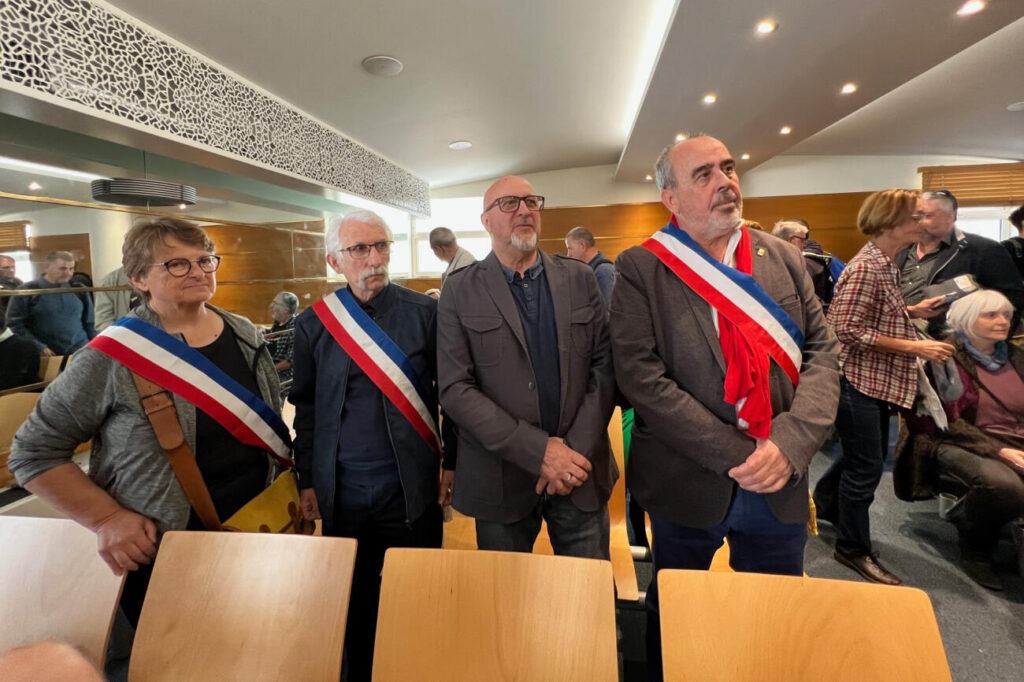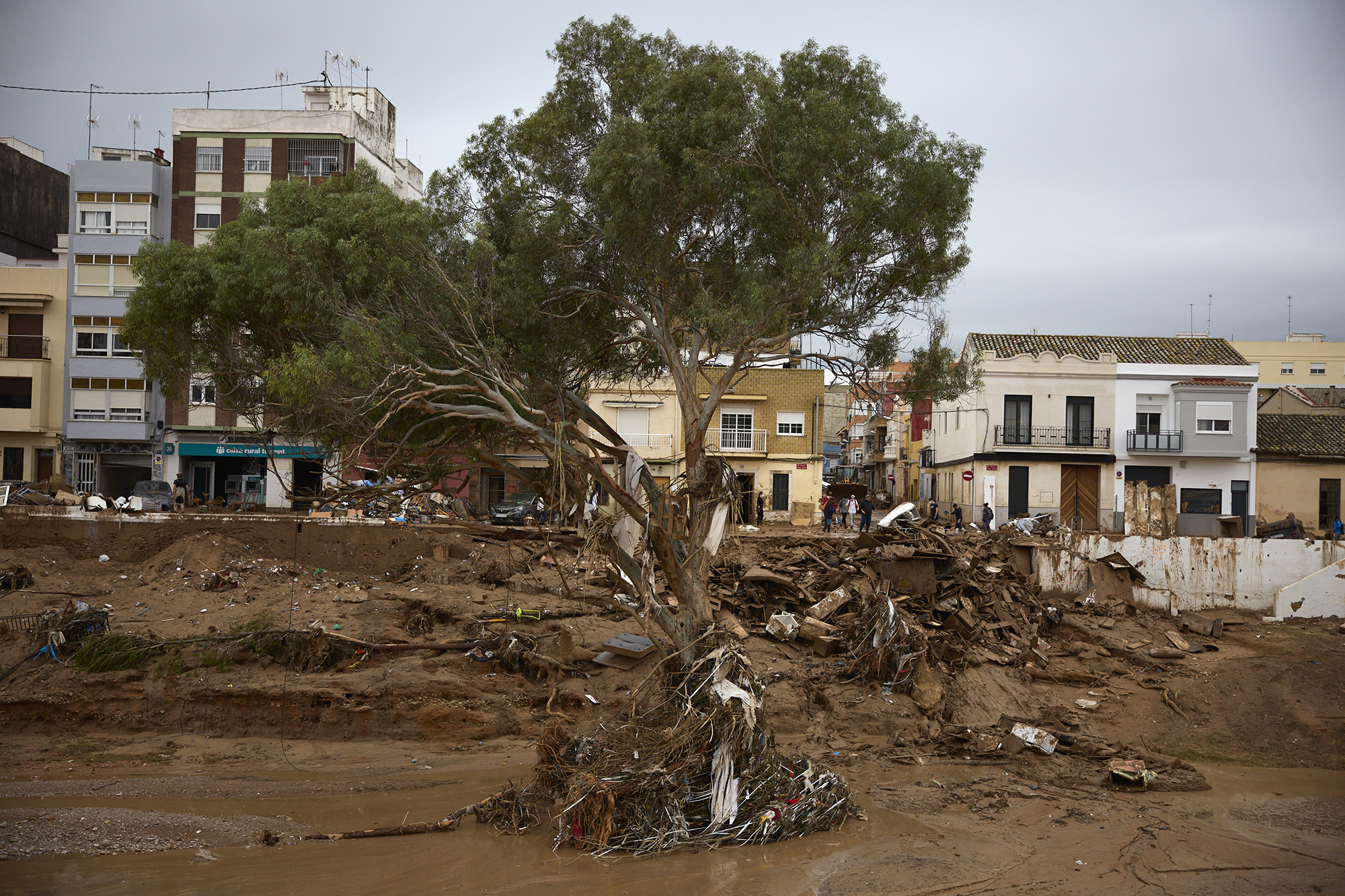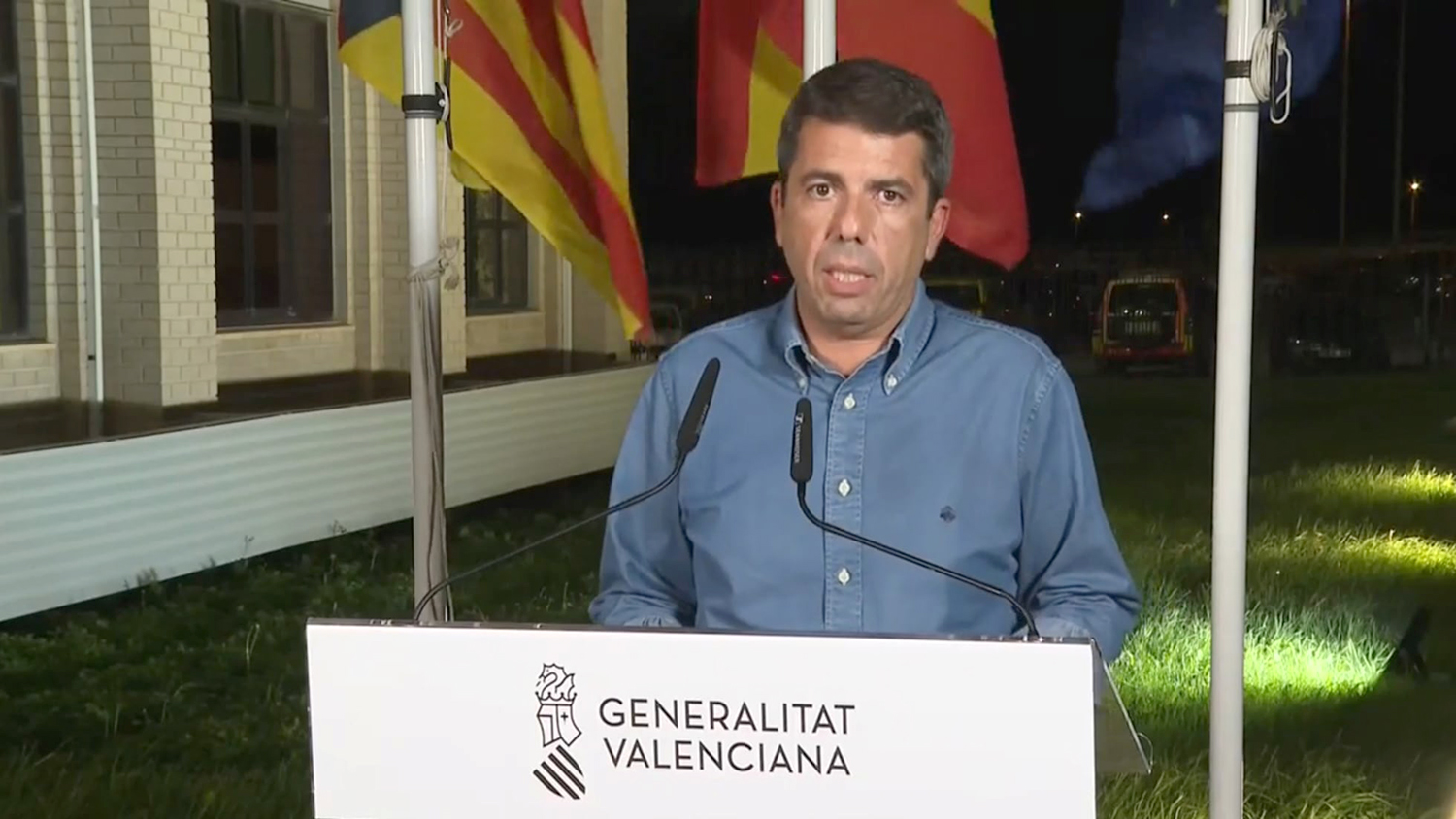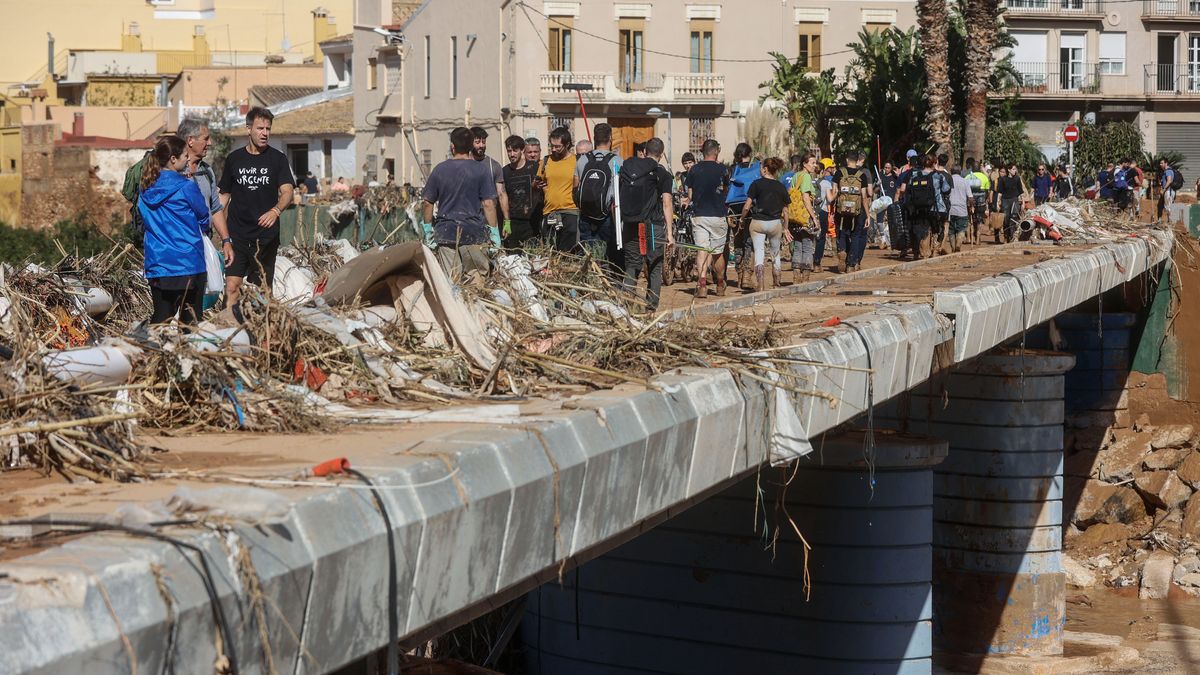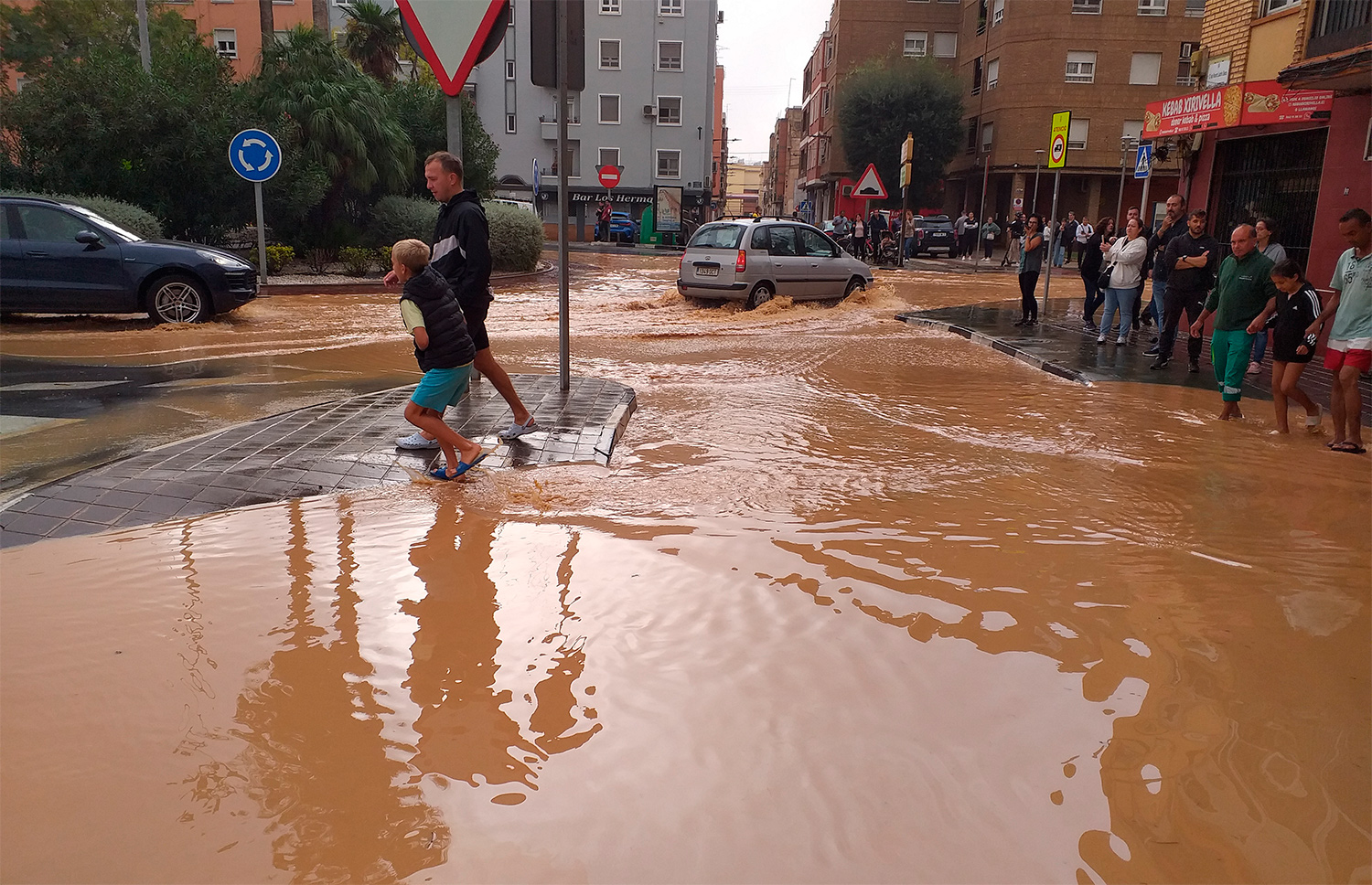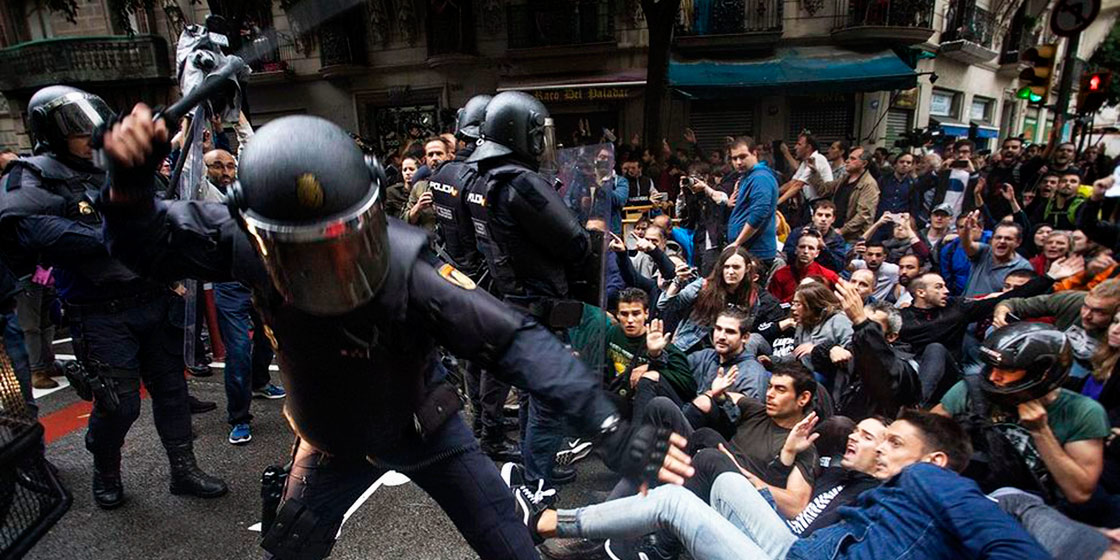Catalan in danger in Valencia: want to change the language model in schools
- Trade unions and language support organisations have qualified as "reactionary and discriminatory" and have announced mobilisations. The topic has been discussed in depth in La Directo.
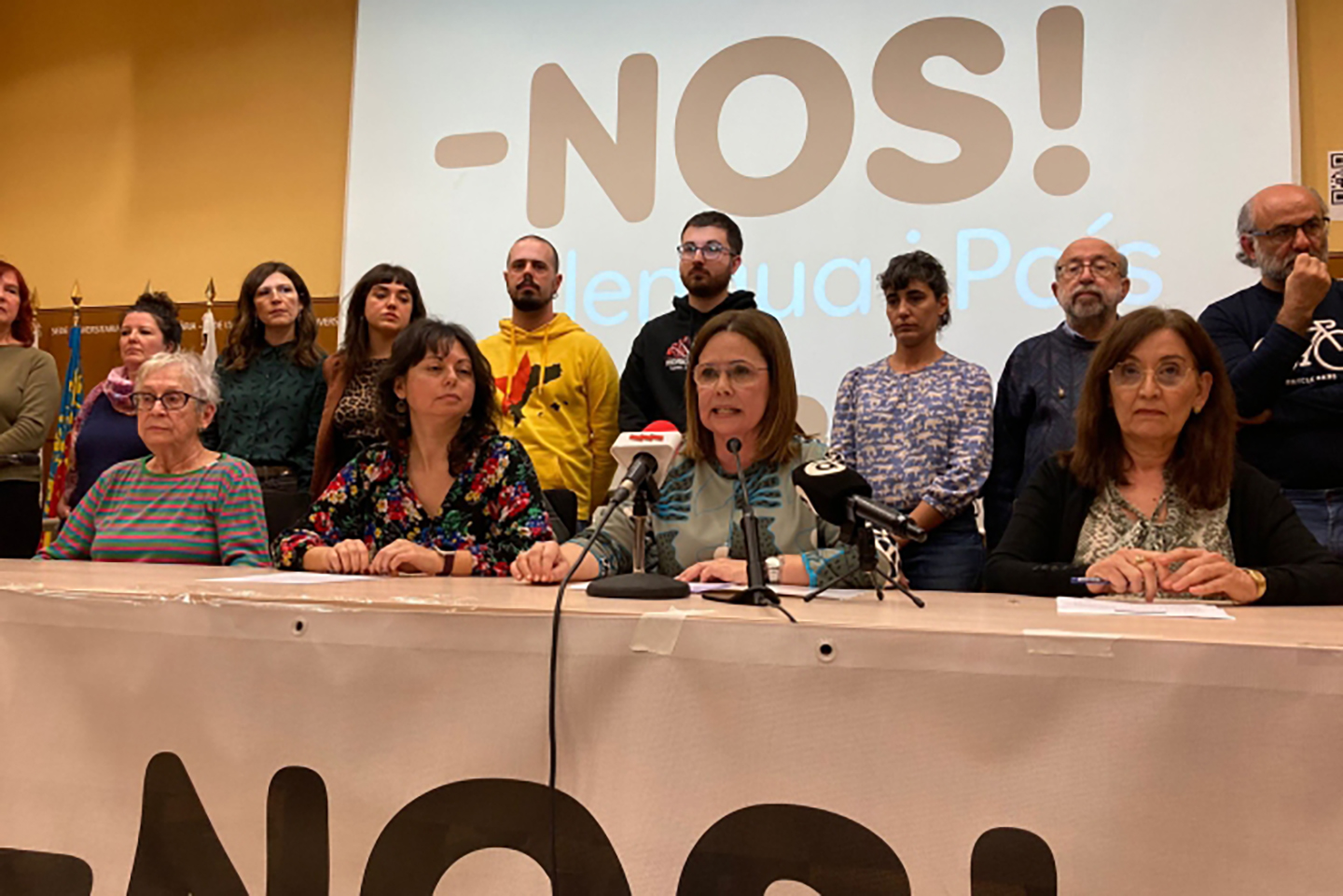
One year after his arrival in power, the right and extreme right of the Valencian Community have shown its strength and rejection of the "Botanic" legacy with anti-linguistic measures. The last was the law that regulates "educational freedom", presented last Thursday, March 21. Although the Minister of Education, José Antonio Rovira (PP), suggested returning to the system of differentiated models in Spanish and Catalan, the bill favours a linguistic model characterized by the discrimination of the own language. Teachers' unions, language support organisations and associations of parents have denounced that it will mean "replacing" the Valencian community and have announced mobilisations to consider it "one of the worst aggressions" to language and education.
The rule will replace the current multilingualism law, which states that the minimum time for curricular contents of each official language will be 25% and for English 15%. From there, the centers are now free to expand Valencian or Spanish to 60% and English to 25%. They use the dissemination of the minority language.
Conversely, as from 2025-2026, if the provision is fulfilled, the parents or legal representatives of the pupils shall have the right to choose the language of communication in the teaching of their children, that is, it shall not be legally determined. They will decide, on the one hand, to establish in Valencia percentages of teaching Spanish and English between the Valencian speaking and Castilian speaking areas and at each school stage, and, on the other hand, that if the minimum percentage of families choosing one of the two official languages is not reached, there will be no rows of Catalan.
More information
In regions dominated by Catalan, according to the preferences of parents, there will be units with basic Catalan language and others with basic Spanish language. In Early Childhood Education and in the first two Primary Education courses, the basic language chosen by the families will be 65% of the school time, the rest 25% and the foreigner 10%.
From the third year of Primary and Secondary Education and Baccalaureate, the percentage of school hours in the two co-official languages will not exceed 20% of the difference, while the foreign language will be between 15% and 25% of the school hours.
Therefore, in the best state of linguistic normalization, Early Childhood Education students will teach 65% of the classes in Catalan and from the third year of Primary Education up to 52%.
Right argumentation and right end
"To have continuity in the basic language", as argued in the text, during the process of admitting students in Early Childhood Education, the language will be selected to the Valencian speaking areas.
The rule changes in erratic regions. The PP and the Vox have imposed certain percentages, according to La Direct, to the detriment of the Valencian, although the paper includes freedom of choice.
Regardless of what families choose, Childhood Education students will only learn in Valencian 10% of school hours, 10% in English and 80% in Spanish. In Primary, Secondary and Baccalaureate Education, Spanish is established as a vehicular language and it is granted to the foreign language between 15% and 25% of the teaching time. However, Catalan is part of a single subject, whose evaluation may not be required both in the center and in the university entrance test.
The Government expects that in areas where Spanish predominates, Valencian demand will be given a specific case in which "it will take the necessary measures to meet the demand".
Mobilizations have also been organized
To this law of "imposition of Spanish" in teaching, other policies contrary to public and quality education must be added, such as the inadmissibility of the processing of the Popular Legislative Initiative presented by STEPV due to the reduction of ratios, the reduction of the Building Plan in relation to the reform and construction of new public centers or the implementation of a single district. That's why, Noes! the platform anticipates that mobilisations will soon be announced.
STEPV has announced that from 9 April it will convene meetings with all teachers and does not exclude the call for a strike in non-university public education to "turn the reactionary educational policies".
In addition to mobilisations, the possibility of going through the new rule is envisaged. Alfons Esteve, a law graduate, explains that when a party has 50 deputies or 50 senators, it can bring unconstitutionality proceedings before the Constitutional Court to try to veto a law.
In 2011, the powerful 15-M movement broke out, which put the Catalan Govern in a hurry. Among other things, on that occasion the Police ran into the indignant camp of the Plaza Cataluña de Barcelona and besieged the Parlament on the day that the activists had to approve the... [+]
25 October. The Valencian Meteorology Society has announced that next week a cold drop from high temperatures could cause torrential rains in Valencia. Day by day, the forecasts are confirmed, and on 29 October, in the early morning hours, the State Meteorology Agency has... [+]
Hogeita hamaika suhiltzaile nafar joan dira Valentziara, uholdeen ondoko garbiketa lanetan laguntzen, Horietako bat da Iñaki Sexmilio. "Zenbait lekutan gurea izan da iritsi den lehen laguntza taldea, herritarrak oso eskertuta daude", azaldu du Metropoli Forala... [+]









